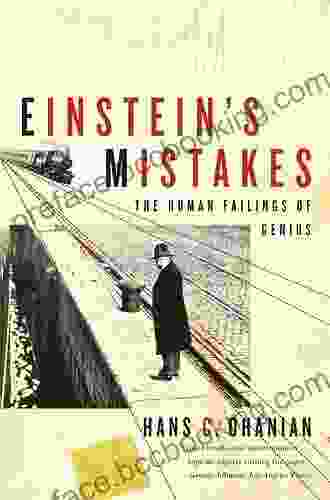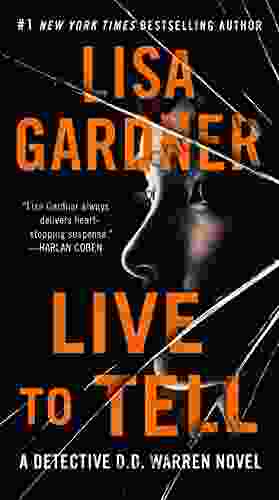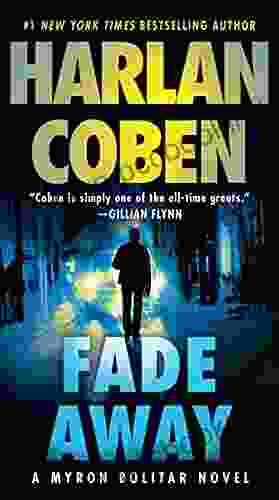Einstein's Mistakes: Unveiling the Human Failings of Genius

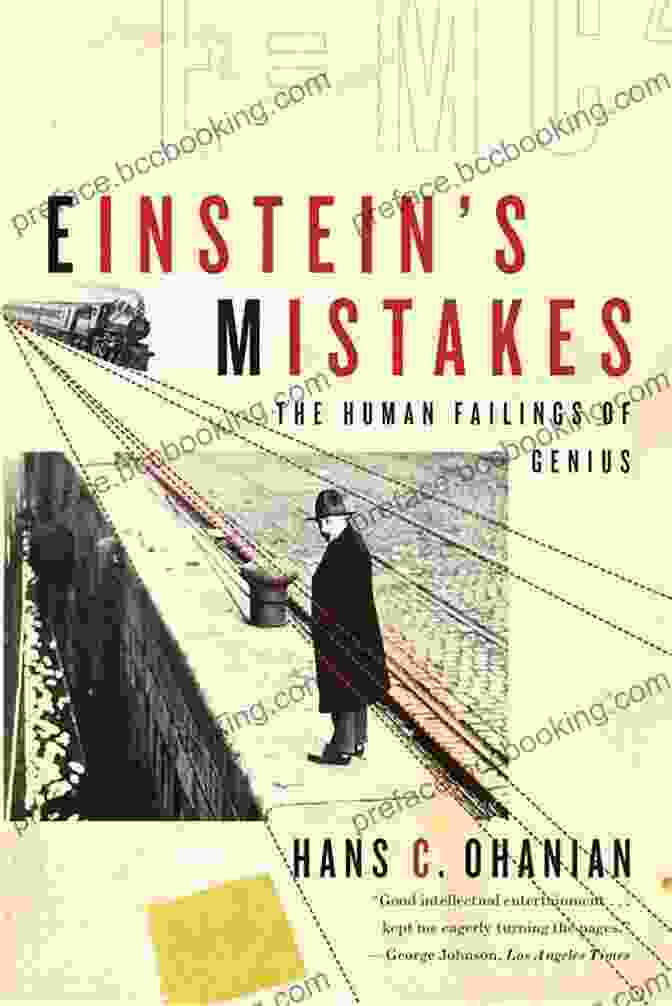
Albert Einstein, the legendary physicist and icon of modern science, is widely regarded as one of the greatest minds in history. His groundbreaking theories revolutionized our understanding of the universe, and his name has become synonymous with brilliance and innovation. However, despite his towering intellect, Einstein was not immune to the foibles and limitations that afflict all mortals. In his pursuit of scientific truth, he made errors, misjudgments, and even mistakes that challenged his genius. Exploring these human failings not only sheds light on the complexities of Einstein's character but also provides valuable lessons for aspiring scientists and anyone seeking to understand the nature of human intelligence.
4.3 out of 5
| Language | : | English |
| File size | : | 2137 KB |
| Text-to-Speech | : | Enabled |
| Screen Reader | : | Supported |
| Enhanced typesetting | : | Enabled |
| Word Wise | : | Enabled |
| Print length | : | 417 pages |
Mistakes in Theoretical Physics
Einstein's most famous mistake in theoretical physics was his initial rejection of quantum mechanics. In the early 20th century, the emerging field of quantum mechanics challenged classical physics with its revolutionary and counterintuitive concepts. Einstein, a staunch defender of classical physics, initially resisted these new ideas, famously declaring, "God does not play dice." He argued that quantum mechanics was incomplete and that a more deterministic theory would eventually emerge. However, as experimental evidence for quantum mechanics continued to mount, Einstein gradually accepted its validity, albeit with reservations.
Another mistake in Einstein's theoretical work was his failure to predict the existence of black holes. In 1916, Einstein's general theory of relativity predicted the existence of spacetime distortions called gravitational singularities, which were later confirmed by astronomers as black holes. However, Einstein himself did not recognize the significance of these singularities and their implications for the nature of space and time. This oversight underscores the importance of being open-minded to new ideas and not prematurely dismissing scientific concepts that contradict our expectations.
Misjudgments in Personal Life
Einstein's unwavering commitment to science sometimes led him to make misjudgments in his personal life. His first marriage, to Mileva Marić, was strained by his long absences and intense focus on his work. He later divorced Marić and married his cousin, Elsa Löwenthal, who became his devoted companion and supporter. However, Einstein's relationship with Elsa was not without its complications, as he was known to engage in extramarital affairs.
Einstein's political views also led him to make misjudgments. A lifelong pacifist, he initially welcomed the rise of communism in Russia as a step toward a more just and egalitarian society. However, he later became disillusioned with the Soviet Union, recognizing its totalitarian nature and the suppression of intellectual freedom. His support for communism, albeit well-intentioned, highlights the dangers of aligning oneself with ideologies that promise utopian visions but fail to deliver on their promises.
Errors in Experimental Science
Despite his theoretical brilliance, Einstein was not always successful in the realm of experimental science. His early attempts to design and build scientific apparatus were often unsuccessful, and he relied heavily on the assistance of experimentalists like Walther Nernst and Max Planck. His inability to translate his theoretical ideas into practical applications underscores the importance of collaboration and the value of different skill sets in scientific research.
One of Einstein's most famous experimental errors occurred in his attempt to measure the velocity of light using a rotating mirror apparatus. His experimental setup was ingenious, but it contained a subtle flaw that led to inaccurate results. The error was eventually discovered by another physicist, Alfred Michelson, who used a more sophisticated experimental design. Einstein's mistake highlights the importance of meticulous experimental design and the need for rigorous verification of scientific hypotheses.
Lessons from Einstein's Mistakes
Examining Einstein's mistakes provides valuable lessons for aspiring scientists and anyone seeking to understand the nature of human intelligence. It demonstrates that even the most brilliant minds are fallible, and that making mistakes is an inherent part of the scientific process. Einstein's ability to learn from his mistakes and refine his theories over time highlights the resilience and adaptability that are essential for scientific discovery.
Einstein's mistakes also serve as a reminder that scientific progress is often achieved through collaboration and the exchange of ideas. His initial resistance to quantum mechanics and his reliance on experimentalists demonstrate the importance of being open to new perspectives and seeking assistance when needed. True genius lies not only in the ability to generate original ideas but also in the willingness to engage in critical dialogue and learn from others.
Finally, Einstein's mistakes teach us the importance of humility and intellectual honesty. Despite his towering achievements, he was never afraid to admit his errors and revise his theories when presented with new evidence. This unwavering commitment to truth and openness to new ideas is a hallmark of true scientific inquiry and should be an aspiration for all who seek to understand the world around us.
Albert Einstein's legacy as a brilliant physicist and visionary thinker is undeniable. However, examining his mistakes and misjudgments provides a more nuanced and human perspective on his character. By understanding his failures as well as his triumphs, we gain a deeper appreciation for the complexities of human intelligence and the processes by which scientific progress is achieved. Einstein's mistakes remind us that even the greatest minds are fallible, that collaboration and open-mindedness are essential for true genius, and that the pursuit of knowledge is an ongoing and humbling endeavor.
4.3 out of 5
| Language | : | English |
| File size | : | 2137 KB |
| Text-to-Speech | : | Enabled |
| Screen Reader | : | Supported |
| Enhanced typesetting | : | Enabled |
| Word Wise | : | Enabled |
| Print length | : | 417 pages |
Do you want to contribute by writing guest posts on this blog?
Please contact us and send us a resume of previous articles that you have written.
 Book
Book Novel
Novel Page
Page Chapter
Chapter Text
Text Story
Story Genre
Genre Reader
Reader Library
Library Paperback
Paperback E-book
E-book Magazine
Magazine Newspaper
Newspaper Paragraph
Paragraph Sentence
Sentence Bookmark
Bookmark Shelf
Shelf Glossary
Glossary Bibliography
Bibliography Foreword
Foreword Preface
Preface Synopsis
Synopsis Annotation
Annotation Footnote
Footnote Manuscript
Manuscript Scroll
Scroll Codex
Codex Tome
Tome Bestseller
Bestseller Classics
Classics Library card
Library card Narrative
Narrative Biography
Biography Autobiography
Autobiography Memoir
Memoir Reference
Reference Encyclopedia
Encyclopedia Hanif Kureishi
Hanif Kureishi Phil Hanrahan
Phil Hanrahan Ruth Beavington
Ruth Beavington Richard Powers
Richard Powers Guisela Latorre
Guisela Latorre Michael V Hayden
Michael V Hayden Glenn Fabry
Glenn Fabry Tom Lalicki
Tom Lalicki Griselda Sprigg
Griselda Sprigg Hanoch Piven
Hanoch Piven Graham Holliday
Graham Holliday Greater Than A Tourist
Greater Than A Tourist Hans Peter Bech
Hans Peter Bech Kevin Poulsen
Kevin Poulsen Gregory L Morris
Gregory L Morris Glenda Durano
Glenda Durano Janet Lee Carey
Janet Lee Carey Greyson Ferguson
Greyson Ferguson Grace Ellis
Grace Ellis Grace E Stewart
Grace E Stewart
Light bulbAdvertise smarter! Our strategic ad space ensures maximum exposure. Reserve your spot today!
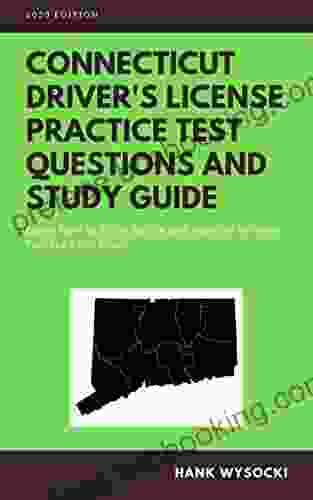
 Fernando PessoaAce Your Connecticut Driver License Test: Ultimate Practice Questions and...
Fernando PessoaAce Your Connecticut Driver License Test: Ultimate Practice Questions and...
 Oliver FosterGold Dust Woman: The Biography of Stevie Nicks, the Enchanting Queen of Rock...
Oliver FosterGold Dust Woman: The Biography of Stevie Nicks, the Enchanting Queen of Rock...
 Chance FosterWildflowers of Ohio Field Guide: Your Portal to the Botanical Wonders of the...
Chance FosterWildflowers of Ohio Field Guide: Your Portal to the Botanical Wonders of the... Ron BlairFollow ·14.1k
Ron BlairFollow ·14.1k Evan SimmonsFollow ·11.1k
Evan SimmonsFollow ·11.1k Harrison BlairFollow ·12.5k
Harrison BlairFollow ·12.5k Carter HayesFollow ·14k
Carter HayesFollow ·14k Demetrius CarterFollow ·6.9k
Demetrius CarterFollow ·6.9k Orson Scott CardFollow ·16.4k
Orson Scott CardFollow ·16.4k James GrayFollow ·14.5k
James GrayFollow ·14.5k Henry Wadsworth LongfellowFollow ·12k
Henry Wadsworth LongfellowFollow ·12k
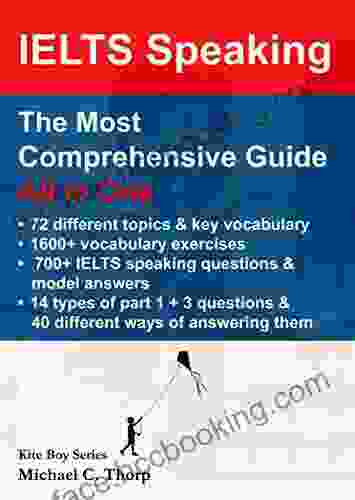
 Brady Mitchell
Brady MitchellMaster IELTS Speaking: The Ultimate Guide to Success
Kickstart Your IELTS...
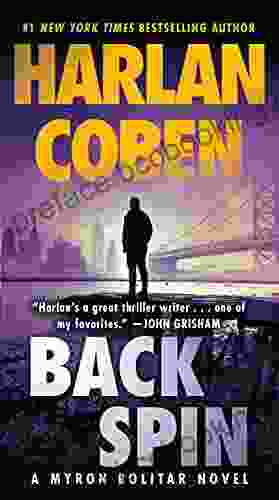
 Branden Simmons
Branden SimmonsBack Spin: A Thrilling Myron Bolitar Novel
Get ready to embark on a...
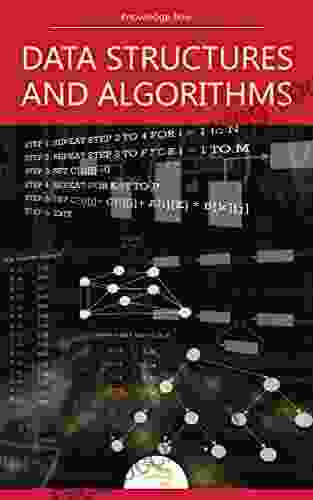
 Marc Foster
Marc FosterData Structures and Algorithms: A Comprehensive Guide to...
In the ever-evolving...
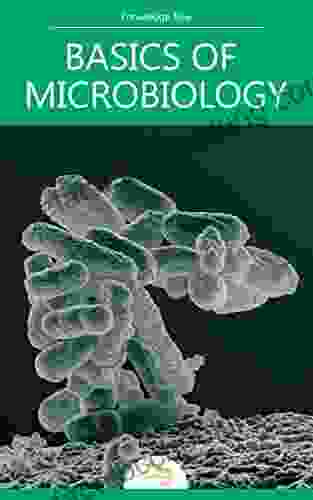
 Jeff Foster
Jeff FosterUnveiling the Basics of Microbiology: A Comprehensive...
The world of...

 J.D. Salinger
J.D. SalingerHold Tight Suspense Thriller: A Gripping Page-Turner That...
Are you ready for a suspense thriller that...
4.3 out of 5
| Language | : | English |
| File size | : | 2137 KB |
| Text-to-Speech | : | Enabled |
| Screen Reader | : | Supported |
| Enhanced typesetting | : | Enabled |
| Word Wise | : | Enabled |
| Print length | : | 417 pages |


